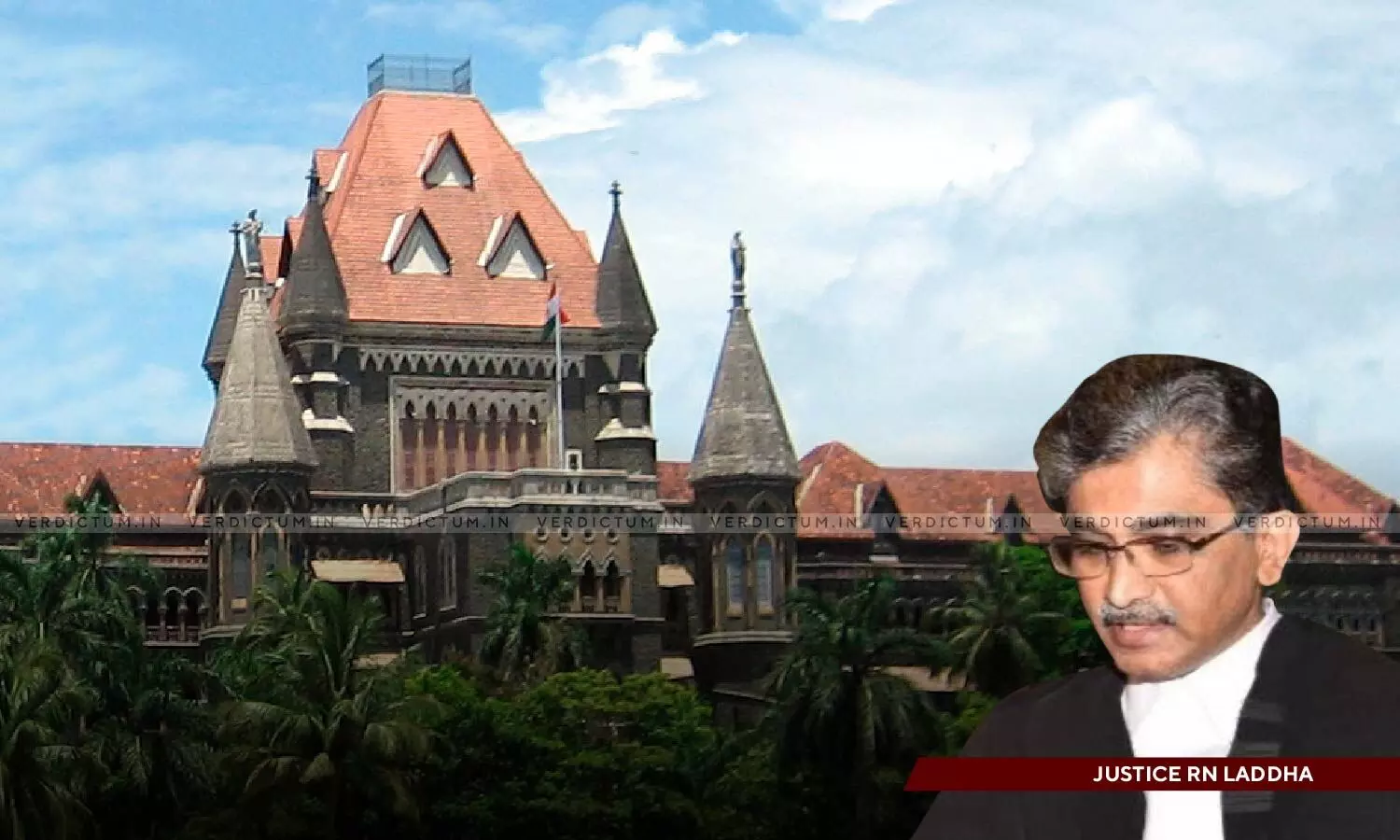
Arrest Memo Had No Particulars Of Offence: Bombay HC Grants Bail To A Man Accused Of Smuggling iPhones Worth ₹500 Crores
 |
|The Bombay High Court granted bail to a man arrested by the Directorate of Revenue Intelligence (DRI) for allegedly smuggling iPhone consignments worth Rs. 500 crores into India on the ground that the arrest memo did not contain any particulars of the case or offence, in which the applicant was arrested.
The Bench of Justice R.N. Laddha observed that the arrest memo should contain the gist of the offence alleged to have been committed and that the alleged prior breach by the accused would not justify DRI's non-compliance with the Constitutional imperatives and statutory obligations.
"No particulars of the offence, save and except stating the penal sections, are forthcoming from the Arrest Memo. The Arrest Memo should contain the gist of the offence alleged to have been committed. The Arrest Memo prima facie appears to be bereft of necessary particulars. The contention of the learned Counsel for the first respondent that in the past, the Applicant has suffered penalty under Customs Act, he was absconding for quite some time, he has been non-cooperative in the investigation, bail had been rejected by the Courts below, cannot justify non-compliance with the Constitutional imperatives and statutory obligations. It is a settled principle of law that the remand order does not cure the violation of Constitutional safeguards even to deny bail." said the Court.
In this case, bail application under Section 439 CrPC was preferred by the applicant, who was arrested under Section 132 (false declaration) and Section 135 (evasion of duty) of Customs Act, 1962. The applicant had allegedly played a major role in a syndicate that had imported several consignments of iPhones. The syndicate allegedly mis-declared the consignments and evaded customs duty.
Advocate Sujay Kantawala appeared for the applicant and submitted that the arrest was in violation of Article 21 of the Constitution as the arresting officer had no legal authority and jurisdiction to arrest him. It was further submitted that the applicant was arrested without any permission from the Settlement Commission.
It was contended by the applicant that the applicant was detained in the DRI's custody on December 2, 2022, till his production before the magistrate on December 3. Thus, he was not produced before the magistrate within 24 hours of his arrest, that too when his statements were already recorded on December 2.
As per Section 127-F of the Customs Act, if an application for settlement of a case is moved, till the time it was decided, the Settlement Commission would have exclusive jurisdiction to exercise the powers of any customs officer in relation to the case.
Advocate Advait Sethna appeared for the respondent and submitted that the show cause notice issued did not cover the subject of the current investigation I.e. 130 bills consignment from January 2, 2021, to November 25, 2021. There was no application regarding that period, pending before the Settlement Commission. Therefore, no question of exclusive jurisdiction of the Settlement Commission arises with respect to the present case.
The Court noted that from the applicant had sought immunity from prosecution for allegations leveled in the show cause notice which also included the allegations of mis-declaration in 130 past consignments. Therefore, it cannot be prima facie said that the arrest was about any matter other than what was before the Settlement Commission.
The Court further said that the DRI could not justify why the applicant was not produced before a magistrate on December 2, 2022, when his statement was concluded and that the DRI even failed to explain as to why the applicant was not allowed to meet his advocate.
The Court also noted that the arrest memo was bereft of any particulars of the case in which the applicant was arrested and it is mandatory that the arrest memo should contain the gist of the alleged offence so as to give notice to the alleged accused of the same.
Accordingly, the bail was granted.
Cause Title- Dinesh Bhabootmal Salecha v. The Directorate of Revenue & Anr.
Click here to read/download the Order